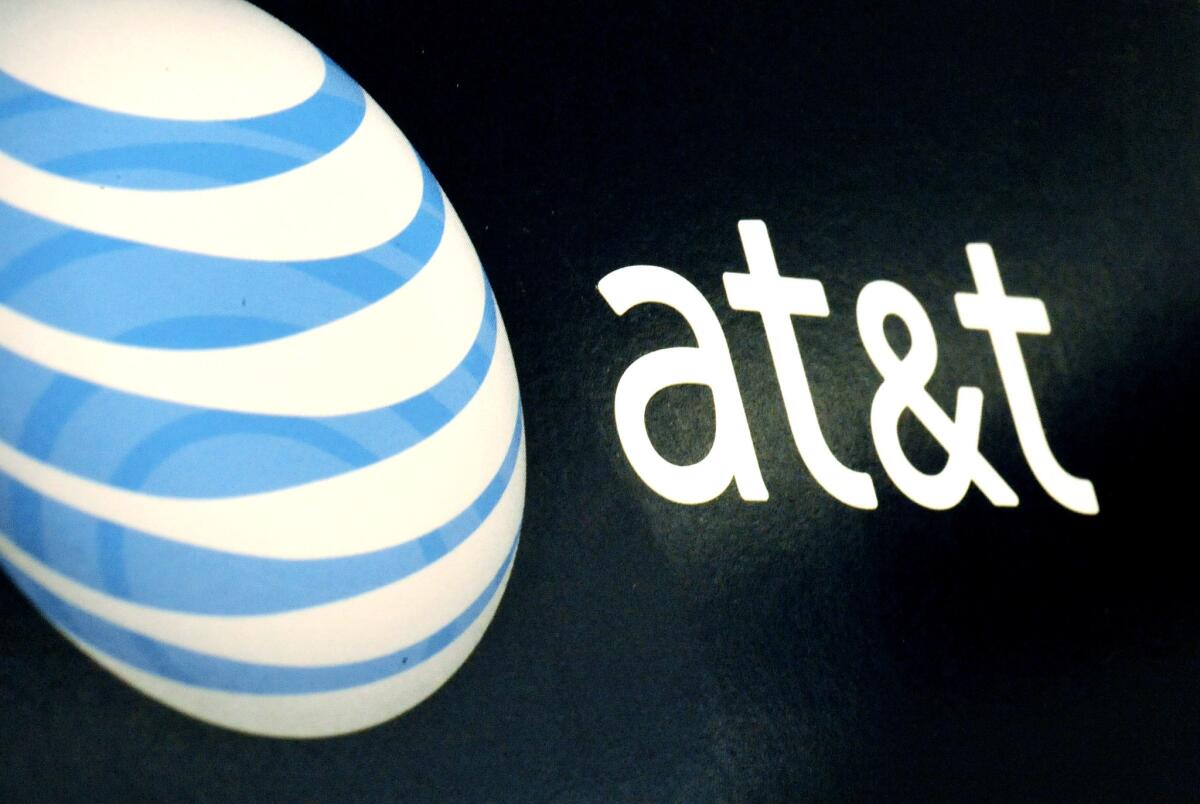AT&T announces 21 potential markets for ultra-fast Internet service

Move over, Google Fiber: AT&T has begun discussions to bring its ultra-fast U-Verse GigaPower Internet service to 21 cities across the U.S., the company said Monday.
AT&T and Google are racing to roll out Internet service with speeds of up to 1 gigabit a second, a bandwidth that can easily handle today’s high-definition video and audio. AT&T plans to roll out U-Verse GigaPower to more markets more quickly than Google can. The Internet search giant is operating its fiber service in three cities and plans to expand to 10 more.
Many of those online in the U.S. surf the Web at speeds below 10 megabits a second. One gigabit is equal to 1,024 megabits.
“With gigabit speeds, you can download an HD online movie in less than 36 seconds, download 25 songs in one second and download your favorite TV show in less than 3 seconds,” AT&T said in a statement.
VIDEO: Samsung Gear Fit is geared for exercise but uncomfortable and pricey
AT&T has rolled out its GigaPower in Austin, Texas, and has said previously that it plans on launching the service this summer in Dallas, where it is headquartered. The company also had said before that it is in discussions to bring the service to the Raleigh-Durham and the Winston-Salem markets in North Carolina.
Among the 21 expansion sites it said it is considering are Los Angeles, Houston, Chicago, San Francisco, San Diego and Atlanta.
AT&T said it will commit to the those cities that demonstrate they have the necessary facilities, friendly policies and high demand for the U-Verse GigaPower service. AT&T said it will provide more information once agreements are in place.
Google Fiber is currently operating in Kansas City, Mo.; Kansas City, Kan.; and Provo, Utah. Google plans to launch in Austin later this year, and it is in discussions to bring the service to nine other U.S. markets.
ALSO:Apple campaign touts progress on reducing environmental impact
Heartbleed: Most of the Web’s top sites now immune to bug, firm says
Nike lays off FuelBand team, exits wearable device market, report says




